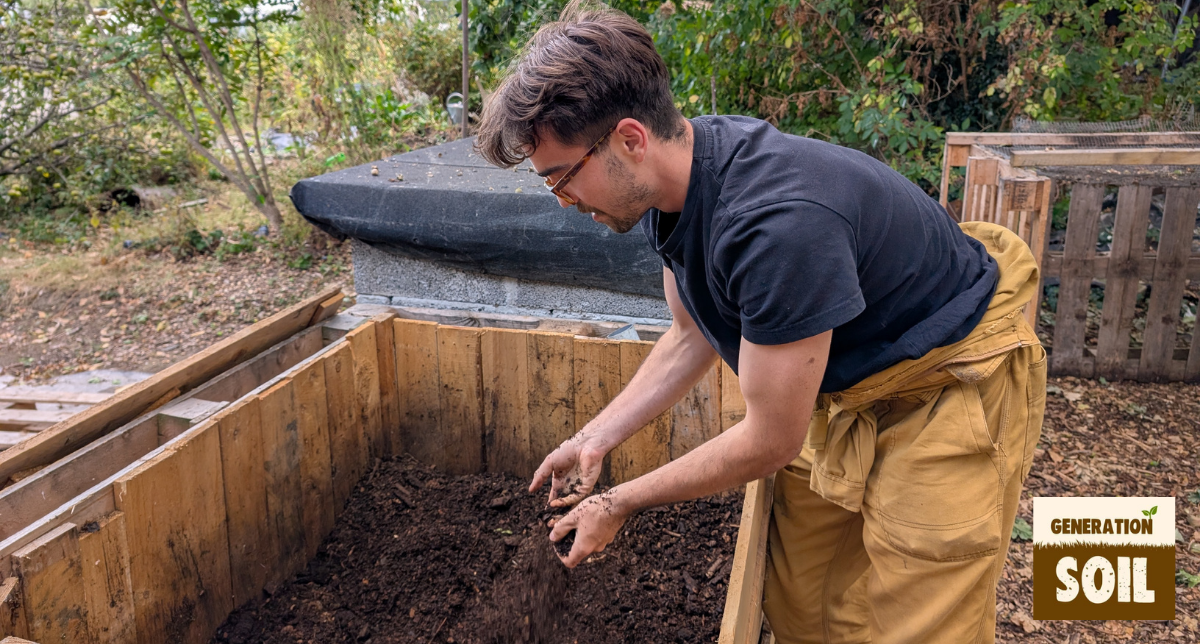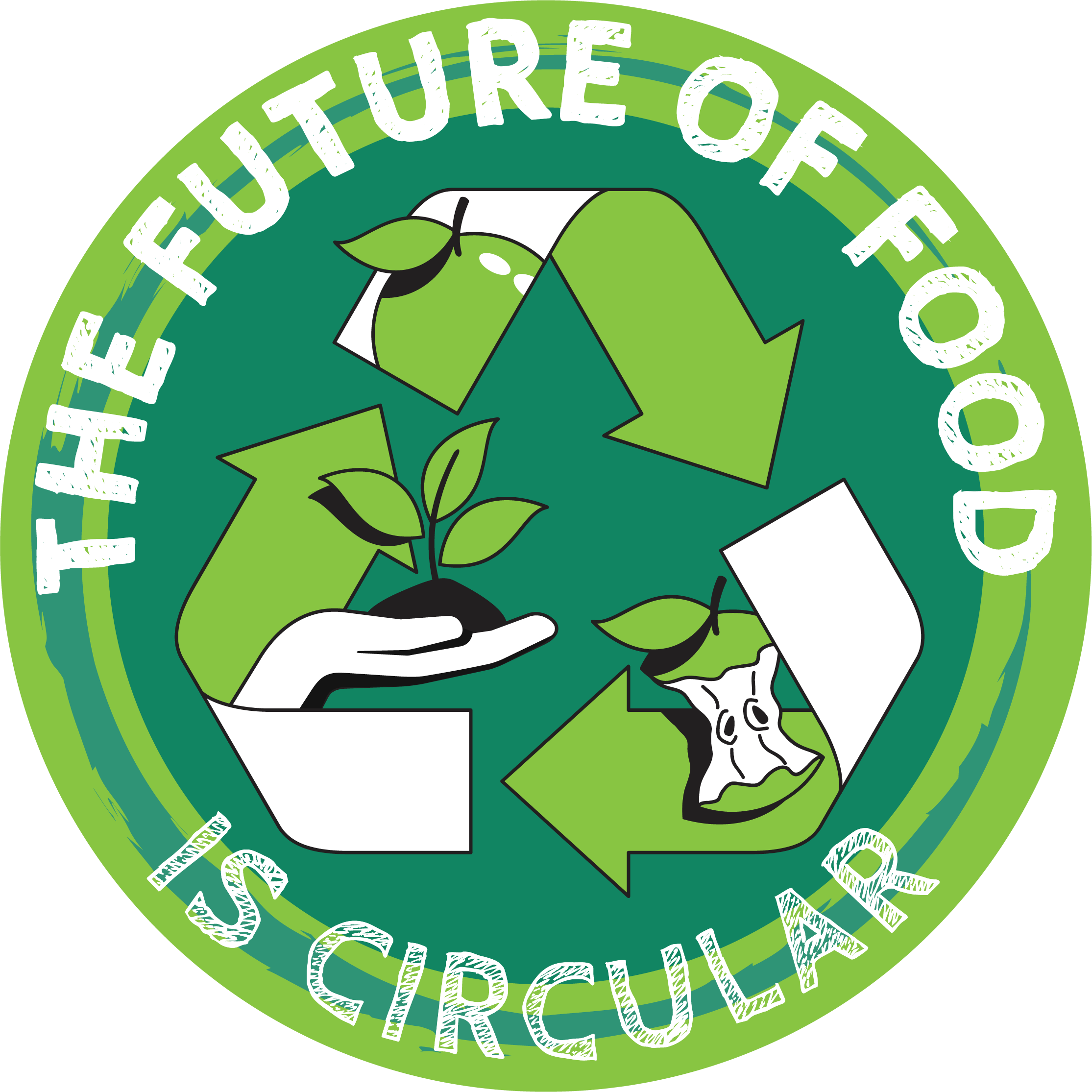From Waste to Soil: Why September is the Season to Rethink Food Systems
September marks harvest across the UK. But while fields and gardens are full, our bins are too. Every week, tonnes of edible scraps and peelings end up in council collections—wasted nutrients that could be feeding our soils instead of draining public budgets.
At Agriton, we believe food waste is not waste—it’s a resource. When treated properly, it becomes the building block of healthier soils, stronger harvests, and more resilient communities.
Why This Matters to Farmers and Growers
Rising costs: Fertilisers derived from fossil fuels continue to climb in price, squeezing farm margins.
Soil degradation: Intensive systems leave land vulnerable to drought, flooding, and declining yields.
Lost potential: Food waste holds nutrients and organic matter that could build soil carbon and fertility.
By adopting bokashi fermentation and local composting methods, farms and smallholdings can recycle organic matter directly back into the land—cutting input costs while improving soil biology.
Why This Matters to Councils and Communities
Somerset Council has already highlighted that £1m could be saved each year if all households recycled food waste. Yet most kerbside collections reduce scraps to a sludge that loses much of its microbial value.
Community composting hubs—like Generation Soil in Bristol—prove there’s another way. With just 47 members, they are already diverting food waste into living compost that goes straight back into local growing projects.
This model saves money, reduces waste hauling, and helps communities grow more of their own food in gardens, allotments, and peri-urban plots.
Soil Health = Human Health
For gardeners, allotmenteers, and farmers alike, healthy compost is more than fertiliser. It’s alive. Microbes like Mycobacterium vaccae have been linked to better mood and resilience in people, while fungi-dominated compost creates underground networks that help crops withstand stress.
The takeaway? Compost feeds soils, soils feed plants, and plants feed us—all while improving our own wellbeing.
September Actions You Can Take
Farmers: Trial bokashi on FYM, slurry, or crop residues to lock in nutrients.
Councils: Explore community-led composting alongside kerbside food waste.
Community groups: Set up a neighbourhood compost hub and keep organic matter local.
Gardeners: Start a bokashi bin and use the fermented material to enrich your soil before winter.
The Bigger Picture
The barriers are real: outdated regulations, lack of awareness, and resistance from industries built on selling fertilisers. But the solutions are practical and within reach. Each farm, council, and community can take steps today to close the loop and regenerate the soil beneath us.
This September, let’s stop treating food waste as a burden—and start treating it as soil in waiting. 🌱



